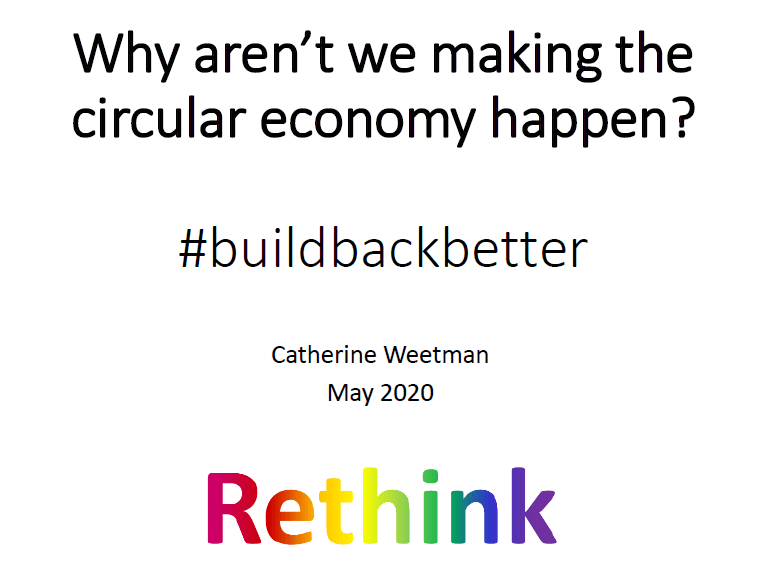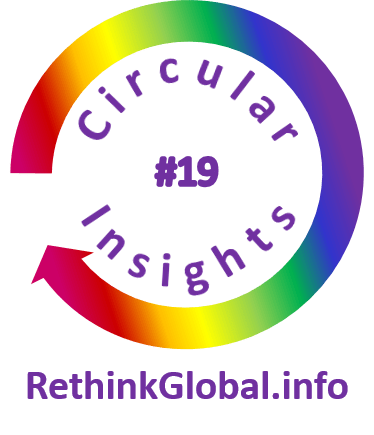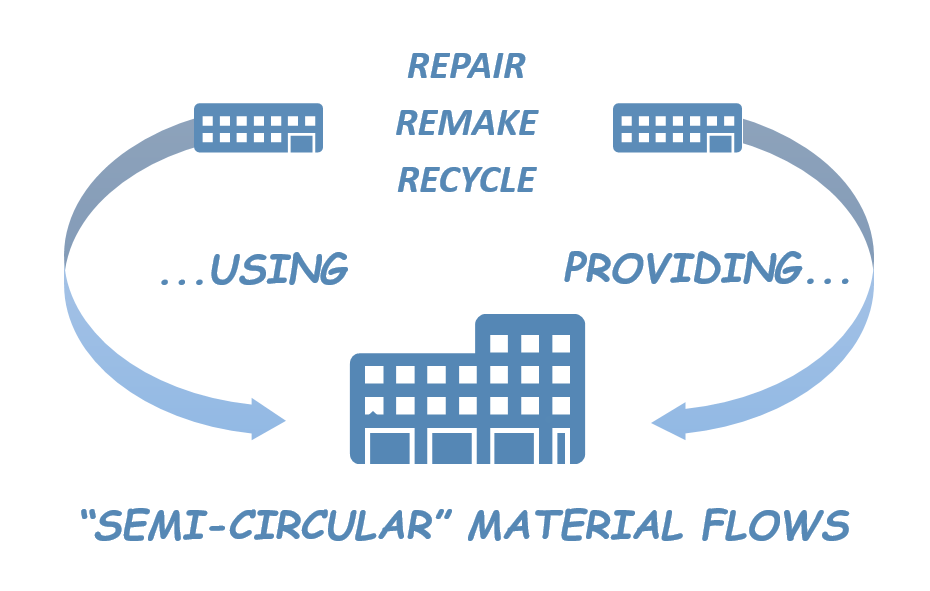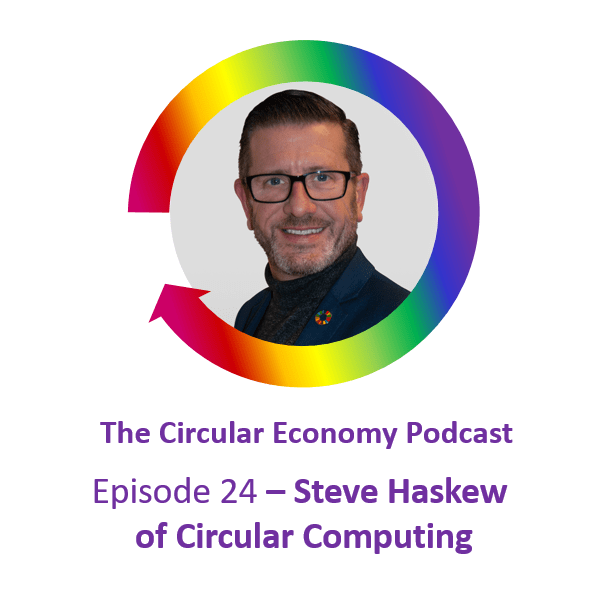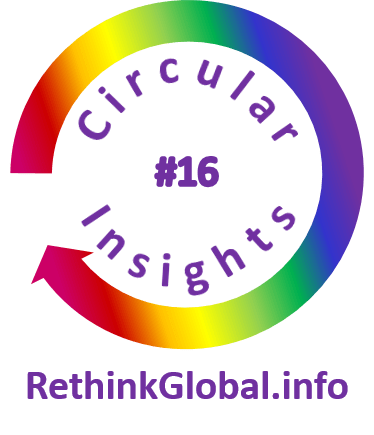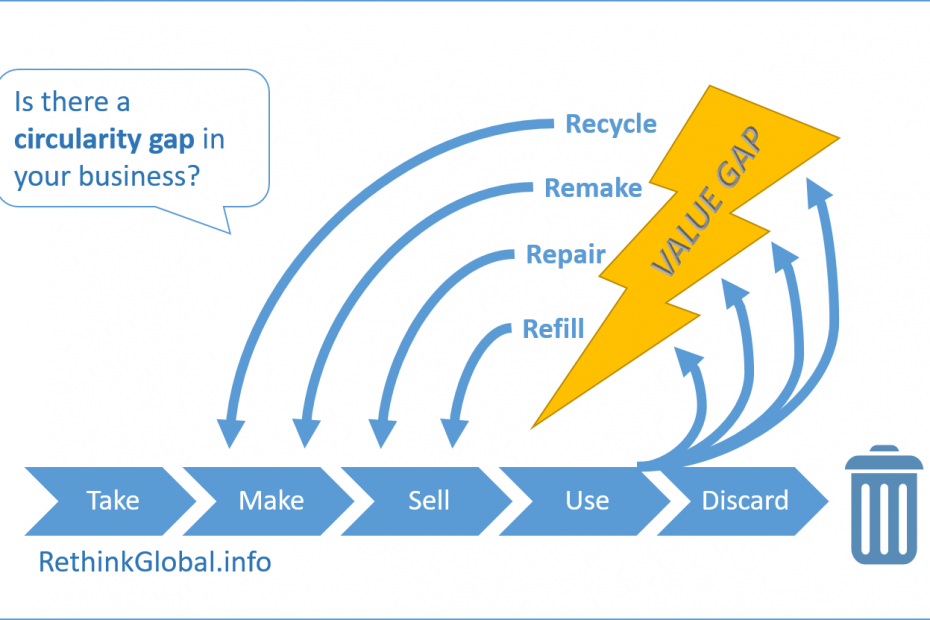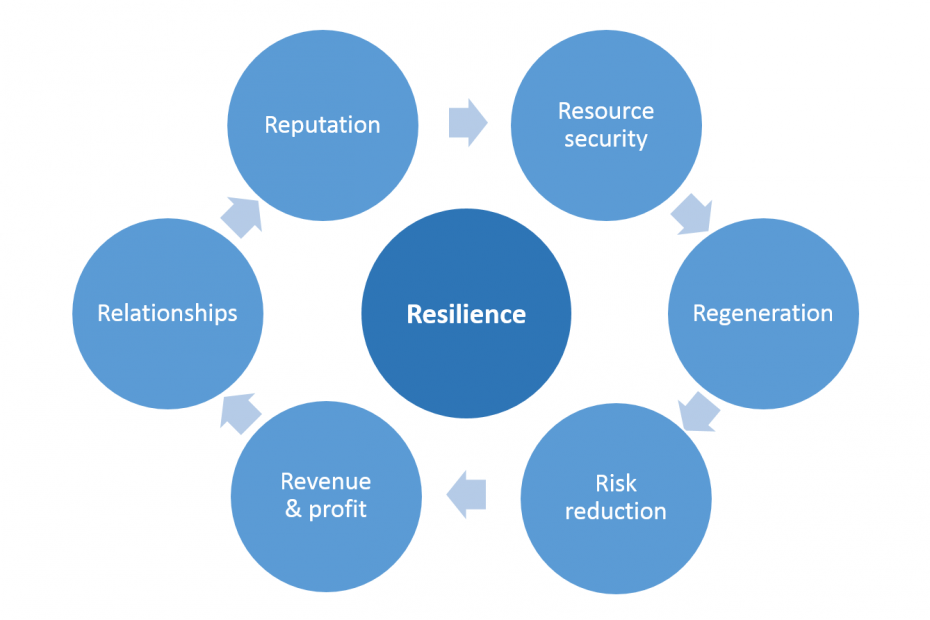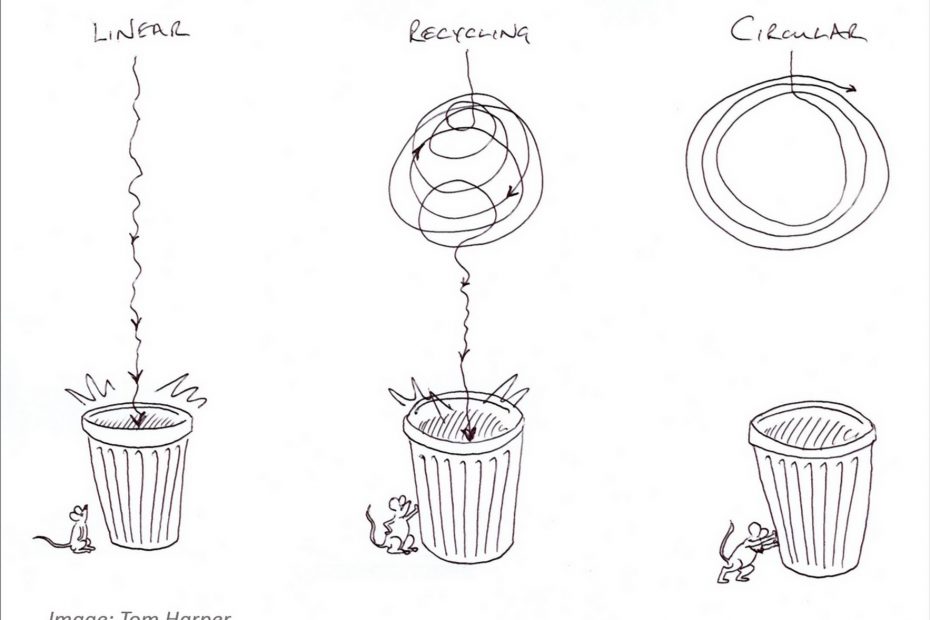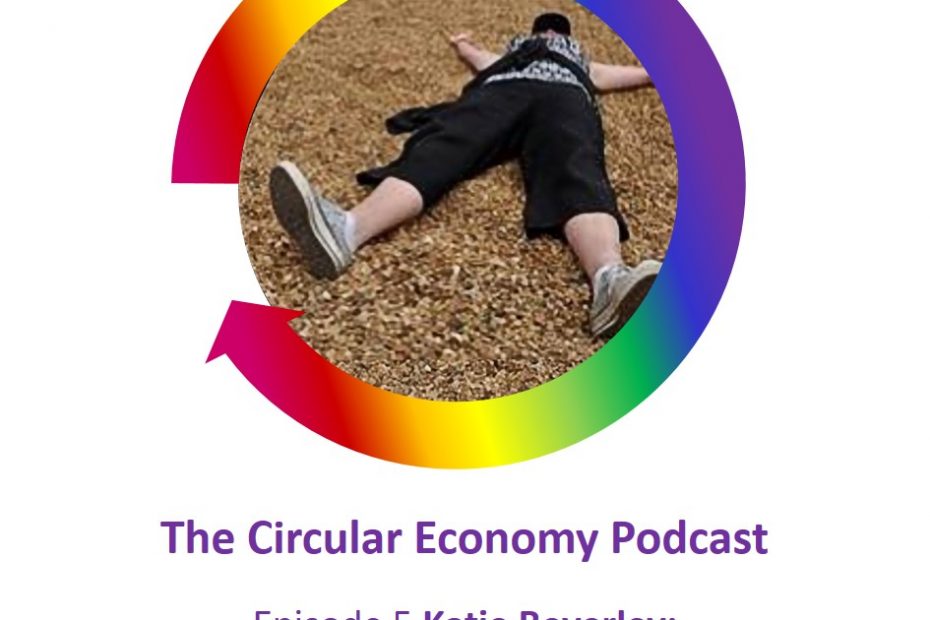Webinar for Economia Circular Brasil
The circular economy is the #1 tool for profitable, resilient and sustainable businesses – in this webinar for Economia Circular Brasil, Catherine Weetman explains the benefits for business, and discusses the barriers: why aren’t we all doing this, now?
Part one
• What’s wrong with business as usual?
• A quick introduction to the circular economy
• Circular economy strategies – what can we do, and why is it better?
• Who is already going circular? A range of examples, from different industry sectors
• Q&A on the circular economy and business benefits
Part two
• Why aren’t we doing this already? Barriers and how to overcome them.
• Q&A on barriers
